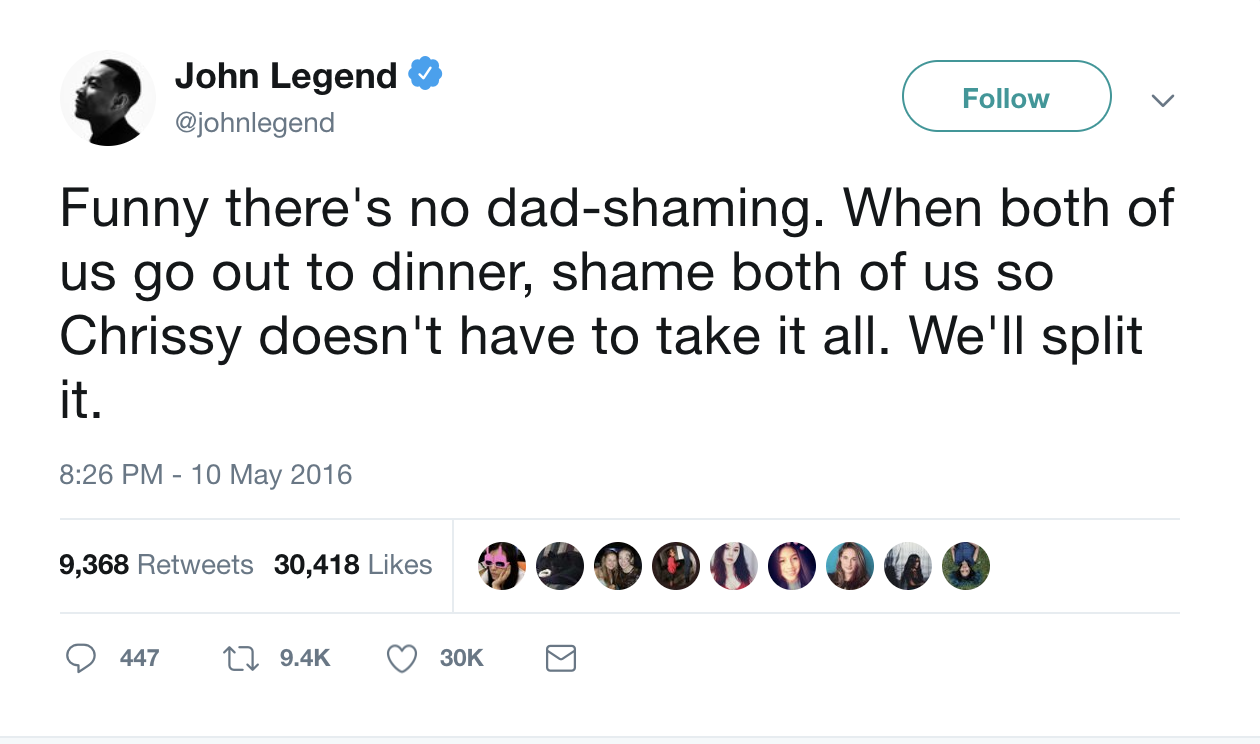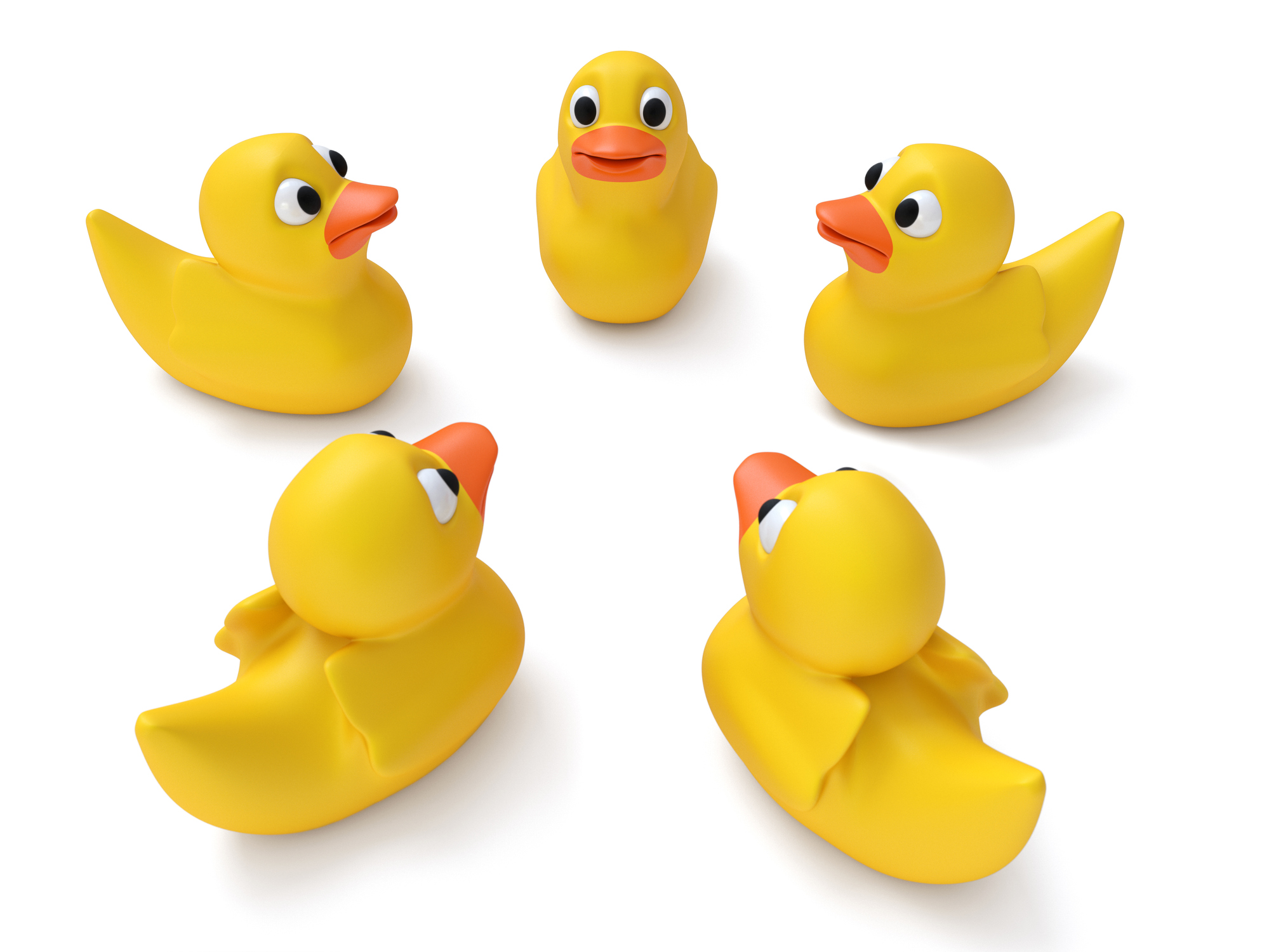Eating breakfast at a diner on the weekend is a common — but complicated — affair for me and my partner Sabrina. An activity that was once relaxing during the pre-child phase of our relationship has morphed into something intense. And it’s not just because our high energy 3-year-old daughter Marty is full of sass and defiance. The tension mainly comes from having to sit under the judgmental gaze of fellow parents when we relinquish an iPhone to Marty.
We only surrender it when we’ve exhausted our preferred forms of entertainment (reading, coloring, playing) and she starts getting squirmy and whiny. But as soon as I plant the device in her tiny fingers, I’m reminded that parents today risk seeming negligent and uninformed if they fail to follow the latest parenting trends in lockstep. Anytime we present Marty with one of our phones, we hear a collective gasp and feel the contempt of fellow patrons.
“Why do you care?!” I’ll often feel like screaming. “Mind your own business!”
Critiquing other people’s parenting seems to have become a particularly popular American pastime in recent years. Even celebrities come under fire — for offenses like choosing not to breastfeed or failing to bundle up a baby just so. Model Chrissy Teigen, who often leads the charge in putting mom-shamers in the their place, has been hammered for both of those “missteps.”
When she posted a pic of herself holding her daughter Luna in August 2017, one Instagram user wrote: “Golden rule of dressing babies is however many layers you are wearing plus an extra one! Common sense really.” Teigen succinctly replied: “Imagine being this miserable. We are fine, thanks.”

In another instance, someone called her out for formula feeding her son Miles. “John never breastfed Miles,” she crisply responded, referring to her husband, singer John Legend.

The barrage of criticisms hurled at Teigen prompted Legend to poignantly remark on Twitter: “Funny there’s no dad-shaming. When both of us go out to dinner, shame both of us so Chrissy doesn’t have to take it all. We’ll split it.” As more discourses around redefining masculinity in America emerge, one will hopefully tackle the enduring belief that fatherhood is secondary to motherhood, which makes moms especially vulnerable to shaming from other parents.

But regardless of whether moms or dads are the target of vitriol, the practice of tearing into other people’s parenting continues to spiral with ever-increasing velocity. Why are parents today so determined to call each other out?
“It’s just so easy for people to comment,” Lenore Skenazy, author of Free Range Kids: How to Raise Safe, Self-Reliant Children (Without Going Nuts with Worry), tells Thrive Global. “We’re raising our kids in this society where you can put up a picture of your child in a ninja costume and somebody can say, ‘Oh my God, you’re raising a killer,’ or ‘That costume is made out of Dacron! It’s going to seep into his skin and make him toxic.’” It’s no surprise that this digital entitlement to critique and judge spills into interactions between parents, adds Margaret K. Nelson, Ph.D., a sociology professor at Middlebury College and author of Parenting Out of Control: Anxious Parents In Uncertain Times.
Skenazy knows firsthand what it’s like to be the target of parental critiques. Her book is based on a “controversial” column she wrote in 2008 about the first time she let her 9-year-old son take the New York City subway alone, which attracted legions of haters. “One called and said, ‘I hope your children get taken away from you,’” she recalls, pointing out that it’s hard to be secure “in a society that is so insecure it is just questioning and judging every little thing.”
That insecurity stems from parental anxiety, Nelson argues. “Anxiety about the future is feeding a kind of fever pitch about parenting altogether, and especially among more privileged parents who are seeing that the possibilities for success are diminishing, and the consequences of not being successful are greater than they’ve been in the past.” One of the ways parents might be managing their widespread anxiety about the growing dearth of opportunities for their children, she says, is to knock a fellow competitor down a notch by taking a shot at their parenting game. Another way we diminish or one-up each other in parenting is by exuberantly showcasing our superior parenting skills. “There’s a lot more displaying around parenting in public,” Nelson says, suggesting it’s a subliminal way of shaming other parents.
Middle class parents, the biggest adopters of the helicopter parenting style, believe that if they don’t do everything right, their children are doomed, says Peter N. Stearns, Ph.D., a professor at George Mason University in Fairfax, Va., and author of Anxious Parents: A History of Modern Childrearing in America. That faulty belief stems from the increasing awareness “that they’re sending their kids into a very uncertain atmosphere where the American assumption that our kids will do better than we did is obviously no longer realistic,” he tells Thrive. To allay our fears, we madly ramp up efforts to get our kids into the “right” school, meet the “right” friends, and pursue the “right” activities and sports. Our hypercritical gaze on other people’s parenting, Stearns surmises, is the result of our hypercompetitiveness combined with our uncertainty that we’re doing the “right” thing. “Making comparisons reassures us in this atmosphere,” he says.
The potshots we take at other people’s ways of caring for their children is a form of policing the parenting norms established in the 90s, says Pamela Druckerman, author of Bringing Up Bebe: One American Mother Discovers the Wisdom of French Parenting. (Her book famously raised the ire of some Americans for its perceived attack on the way we parent.) “The rise of what we’ve come to call helicopter parenting demanded middle class parents be much more involved in order to be considered good, responsible, upstanding parents,” she tells Thrive. Any indication that we’re not sufficiently sacrificial, especially if we’re women — i.e. we prioritize our sleeping over our babies, we work too much, we aren’t hypervigilant or precious about our kids’ welfare, we’re not teaching them early enough — is going to be subject to public censure.
Like Nelson and Stearns, Druckerman believes a lot of the panic around parenting — and sharp-tongued swipes at others’ parenting techniques — has to do with middle class angst, but she also points to a lack of institutional support. In France, where she currently lives, social welfare programs include government-subsidized day care, subsidized nannies, and paid maternity leave (you can take three years off from work with a partial salary!). “The demands on parenting are so high in America, where you’re supposed to do it all on your own,” she says.
I wonder, too, if what we perceive as “good” or “bad” parenting hits on something primal within each of us — our own fraught relationships with our mothers and fathers, and their parental fumblings. Our childhoods are often the site of so much joy, but also of our formative, often enduring wounds. So perhaps we’re trying to protect our younger, more vulnerable selves when we get righteous and indignant about approaches to parenting that don’t match up with our sense of how things should be done.
No matter the root cause of our parental shaming and anxiety, Skenazy urges us to unclench because most of the kids, ultimately, are going to be alright. “Breastfeed or formula feed. Organic food or Kraft Macaroni and Cheese. Public school or private school. Read to them. Don’t read to them. For the most part, they’re most likely going to turn out pretty fine,” she says.
Follow us here and subscribe here for all the latest news on how you can keep Thriving.
Stay up to date or catch-up on all our podcasts with Arianna Huffington here.


